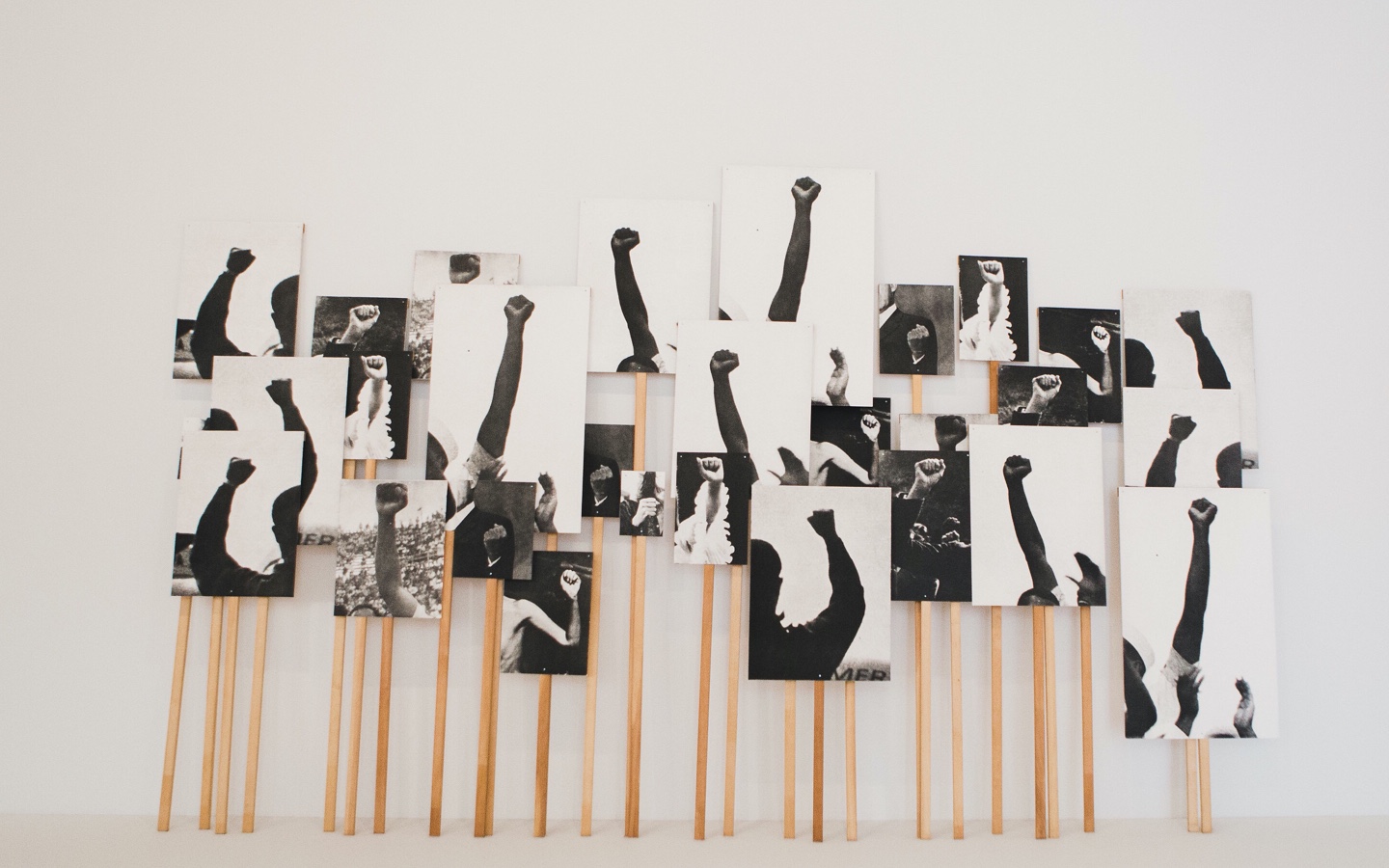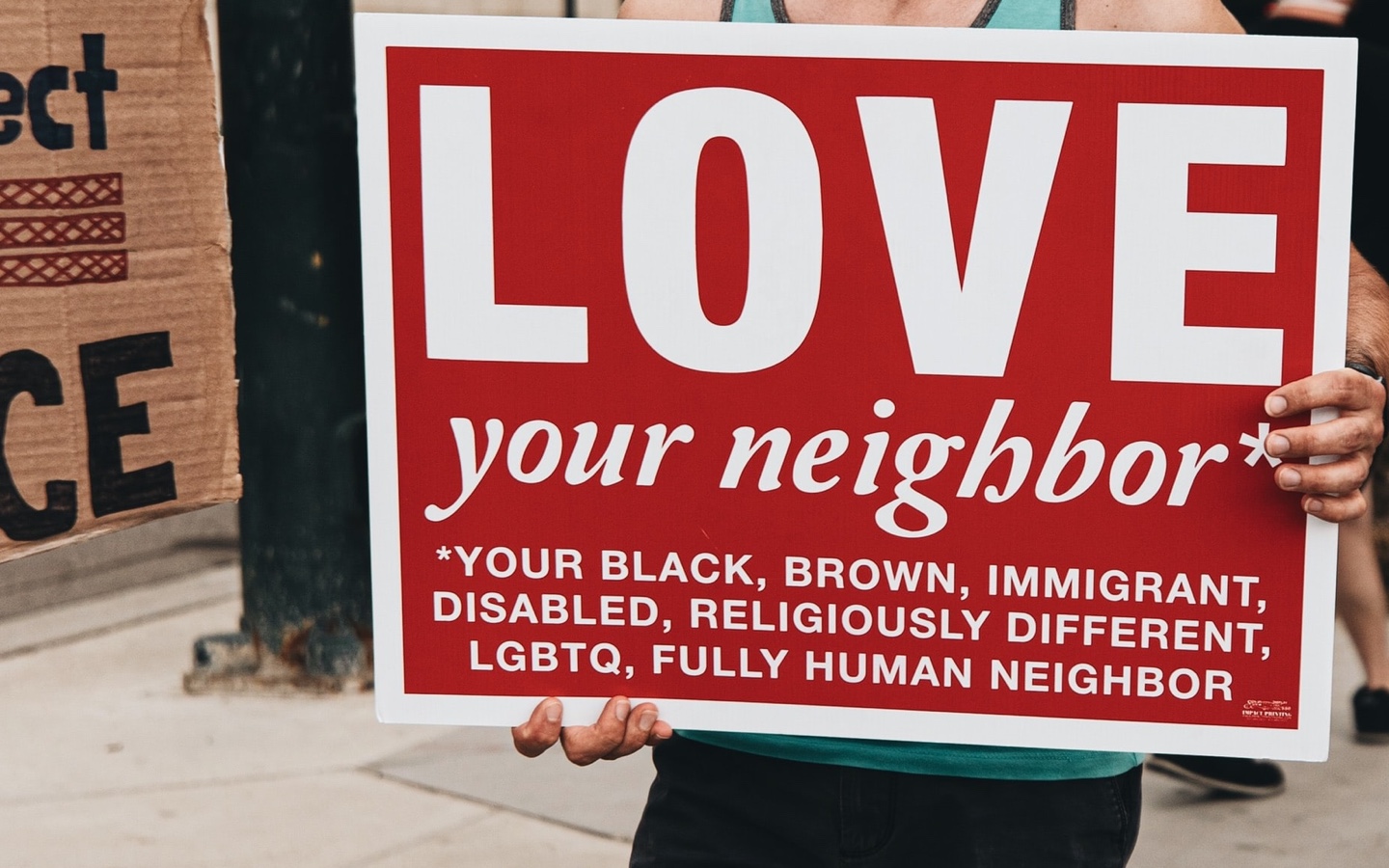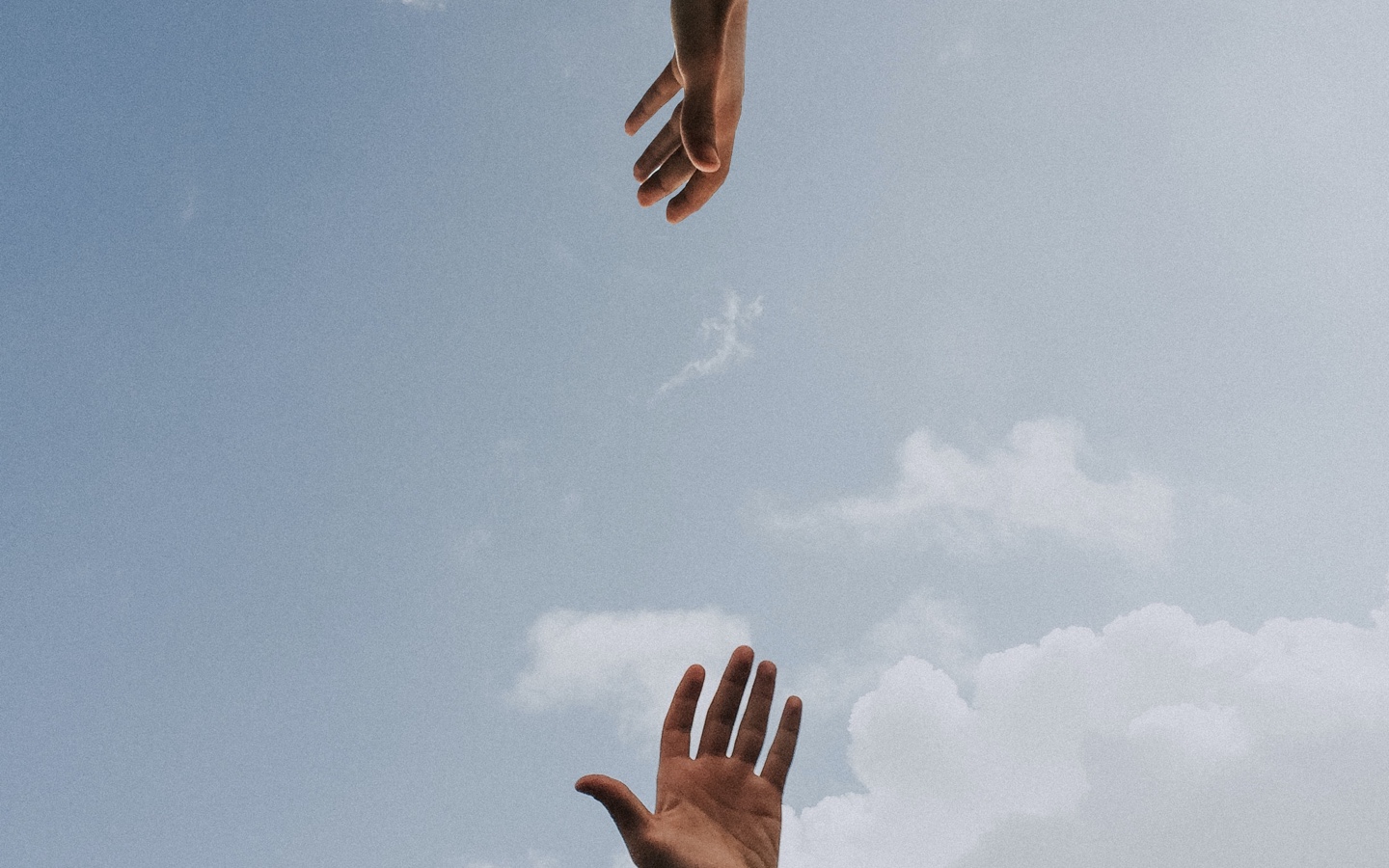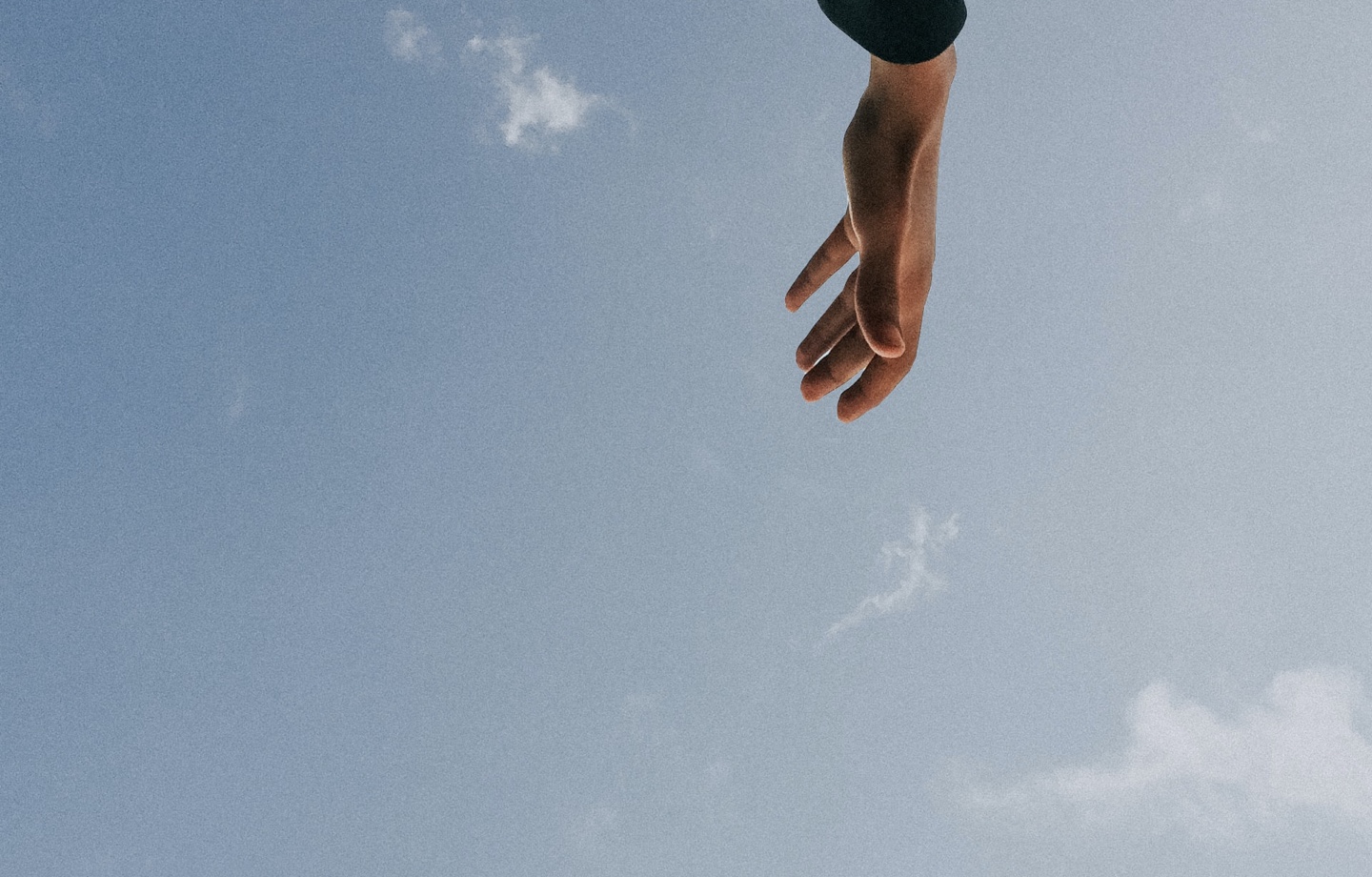The road is long, but examining our own biases, getting educated, and actively becoming anti-racist starts now.
“Hope,” DeRay McKesson says, is “real work,” and not “magic.” McKesson, who is an American civil rights activist and an early organizer in the Black Lives Matter movement, still wears the blue vest he spent 400 days wearing during the protests against the murder of Michael Brown in Ferguson, Missouri, as a reminder of his time on the frontlines. I think often about this phrase, and of his vest, because both remind me that hope, and being hopeful about the future of equity, require policy change, education, visibility, and massive shifts in how we think and talk about race.
As a non-Black woman of color, coming to a consciousness about anti-Blackness in America has been cumulative. I grew up with few tools to understand the mechanics of racism, anti-Blackness, or, in communities of color, the phenomena of what Alice Walker calls colorism. That white supremacy continues to be normalized across all our communities means that as allies, white or POC, we need to examine our implicit biases in order to begin dismantling systems that actively disempower our Black communities.

What I’ve realized is that the real work starts by looking inward. Being an ally means excavating the so-called truths we’ve inherited about the history of race and white supremacy in this country and examining how national narratives too often lack accountability and, as a result, uphold anti-Black sentiment. It means becoming vulnerable enough to question the subtle and overt structures of inequality from which many of us benefit whether knowingly or not. It means identifying our blindspots and actively becoming anti-racist.
#1 — Get Educated.
In 2018, the Southern Poverty Law Center published a report titled “Teaching Hard History,” which details how little American students understand about the history of slavery and its direct impact on the present. But as the New York Times Magazine 1619 Project revealed, slavery constitutes the core of our American consciousness, from helping to found the tenets of capitalism and shape of the Constitution, to anti-Black policing, incarceration, music and cultural appropriation.
Now, more than ever, it’s necessary to read up on the racist roots of policing in America. Seek out the many resources that are out there to grow your knowledge base. Listen to podcasts, including Mckesson’s Pod Save the People, for contemporary analysis of race in America. Watch Ava Duverney’s 13th and When They See Us. Read Black authors. But whatever you do, don’t rely on or ask members of the Black community to educate you. This is your journey. And education is most fruitful when it’s self motivated.

#2 — Check your privilege.
When scholar Peggy McIntosh came to a realization of her own white privilege, she saw it as an “invisible package of unearned assets that I can count on cashing in each day, but about which I was ‘meant’ to remain oblivious. White privilege is like an invisible weightless knapsack of special provisions, maps, passports, codebooks, visas, clothes, tools, and blank checks.” Privilege takes many forms and can exist to certain extents for non-white POC, a fact that I’ve continually examined in my own life. But often privilege, and the most pernicious types of white privilege, go unacknowledged. And while your first impulse may be to say that you’ve experienced hardship too, look long and hard not only at that impulse (is it a defense mechanism or way of centering your own experience?), but also at how systemic racism, and specifically anti-Blackness, is intertwined with the advantages that come directly from white privilege.
#3 — No, reverse racism does not exist.
Period. End of story. While instances of racism can be embodied in one action, that action is enabled and reinforced by hundreds of years of systemic violence, institutional exclusion, and disenfranchisement based on the false notion that dark skin was a sign of inferiority. So if, as a white person, you think you’ve ever experienced something akin to reverse racism, ask yourself whether that experience was fortified by centuries of oppression, land grabs, violence, and policies meant to keep your ancestors and descendents from thriving.

Photo by LOGAN WEAVER on Unsplash
#4 — Pass the mic.
Part of acknowledging privilege is learning to decenter your own perspective and listen to others, especially those whose voices have historically been silenced. So listen and do so with radical empathy. Refrain from tone policing, or the notion that there is a respectable way for Black and BIPOC communities to express frustration, anger, and despair over what they’ve experienced daily, including police brutality. McKesson has said that protests are a “means of telling the truth in public.” At first that truth might be hard to hear, but the violence and injustice of racism — that it is a 400-year-old institution with repercussions in our present moment — will continue to generate impassioned reactions until social justice is fully achieved.
#5 — Acknowledge where you live.
Research your neighborhood. It’s good practice to always acknowledge on whose ancestral land you live and how that might inform action. But other pressing questions might be whether your street or city is gentrifying and whether either have, in the past, been subject to redlining laws. Understanding the politics of investment and divestment in a particular place based on race and ethnicity will reveal just how deep the racial wealth gap runs.

Photo by youssef naddam on Unsplash
#6 — Share your resources.
Support the Black Lives Matter movement with the same enthusiasm you would dedicate to green movements and sustainability knowing that environmental justice cannot be fully achieved without racial justice. Donate money, support Black-owned businesses and creatives, use your privilege to amplify calls for justice. Reach out to legislators, policymakers, and community members. Raise your children to be anti-racist. Have hard conversations with your family members at the dinner table. Challenge them and yourself to continually unpack the “knapsack.” And always acknowledge your mistakes.
How will you continue to learn about becoming an anti-racist? Share your thoughts and resources with us @AvocadoMattress.

Shop Pillows
The Essential Organic Pillow Collection
Gentle, breathable, non-toxic support.






